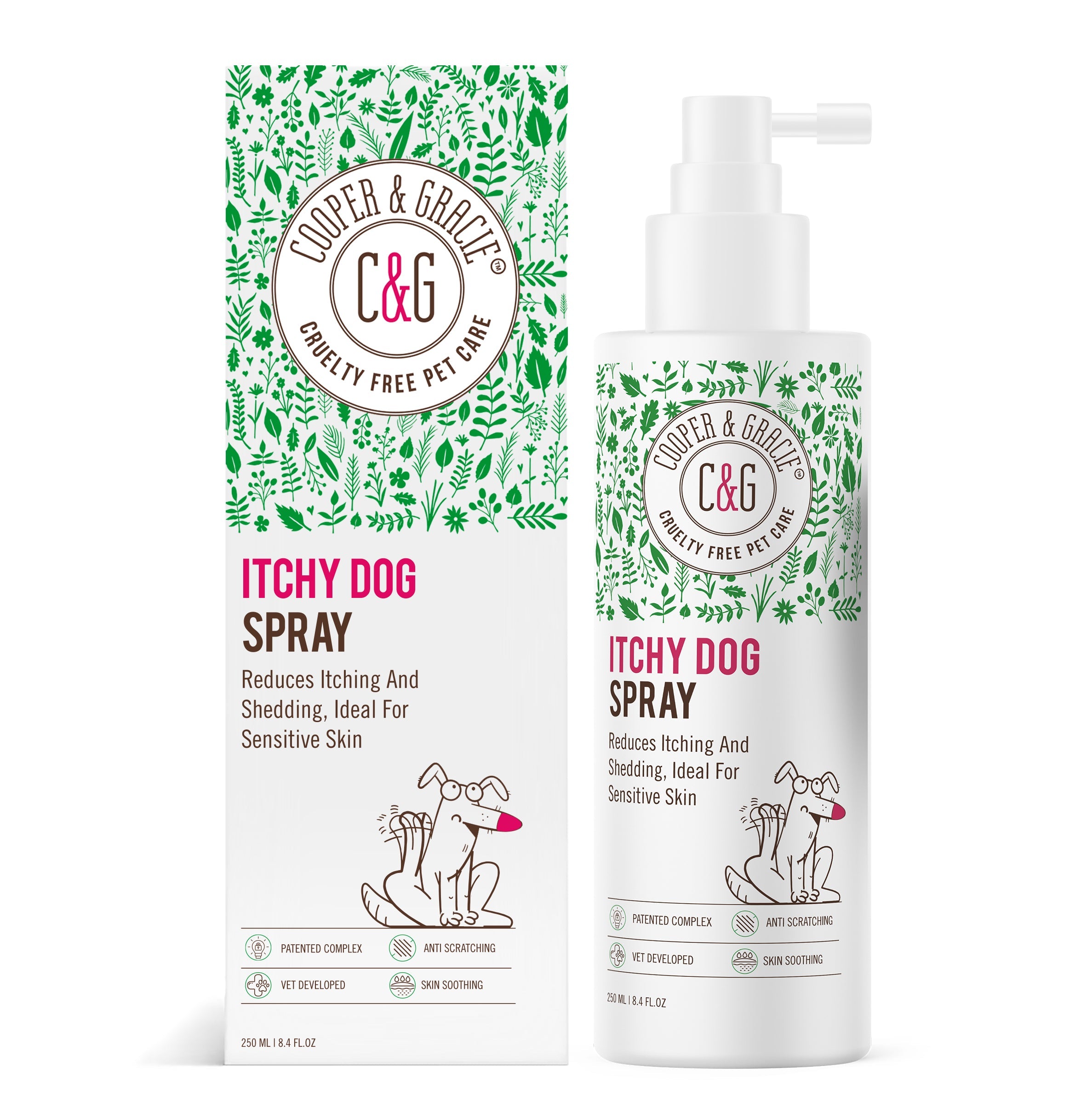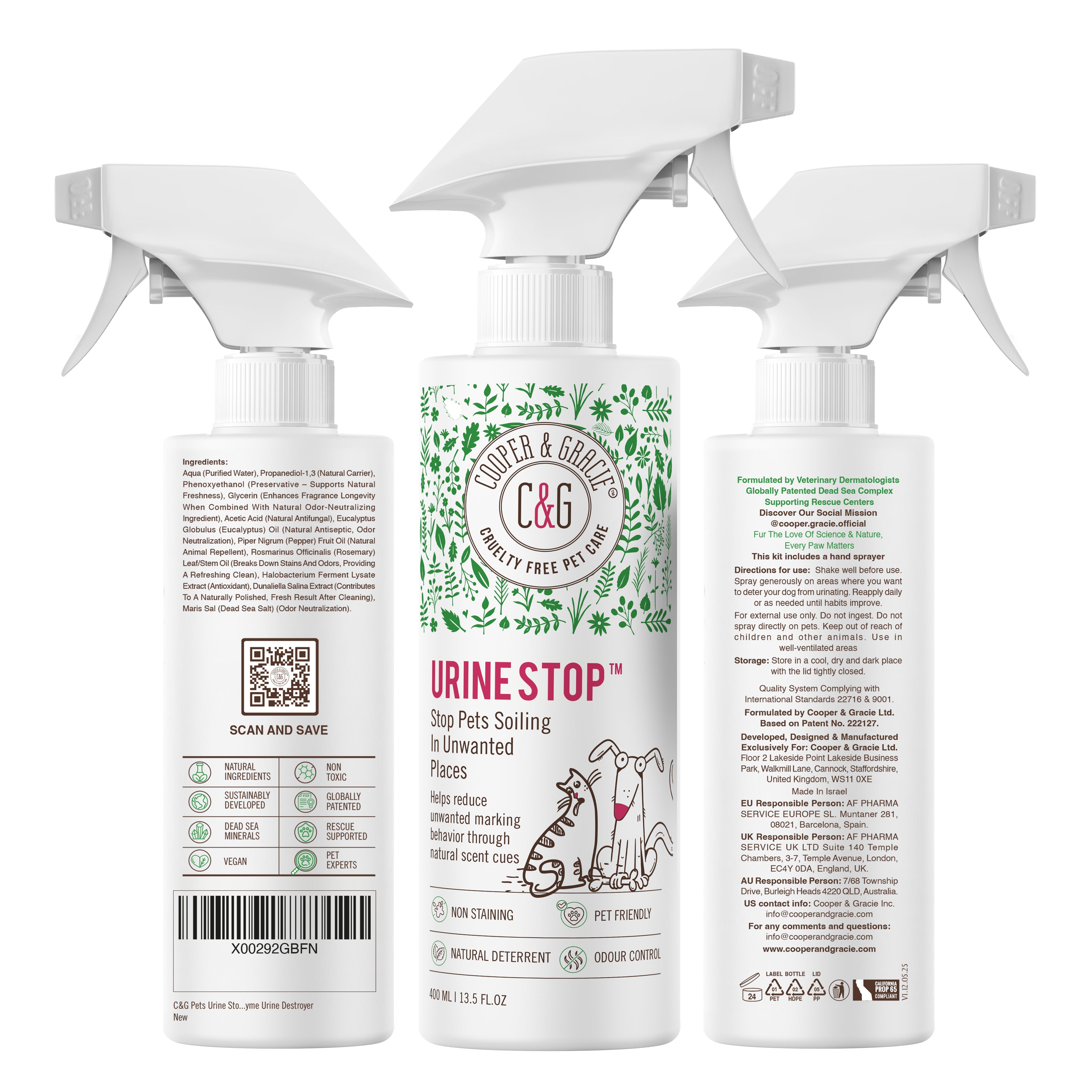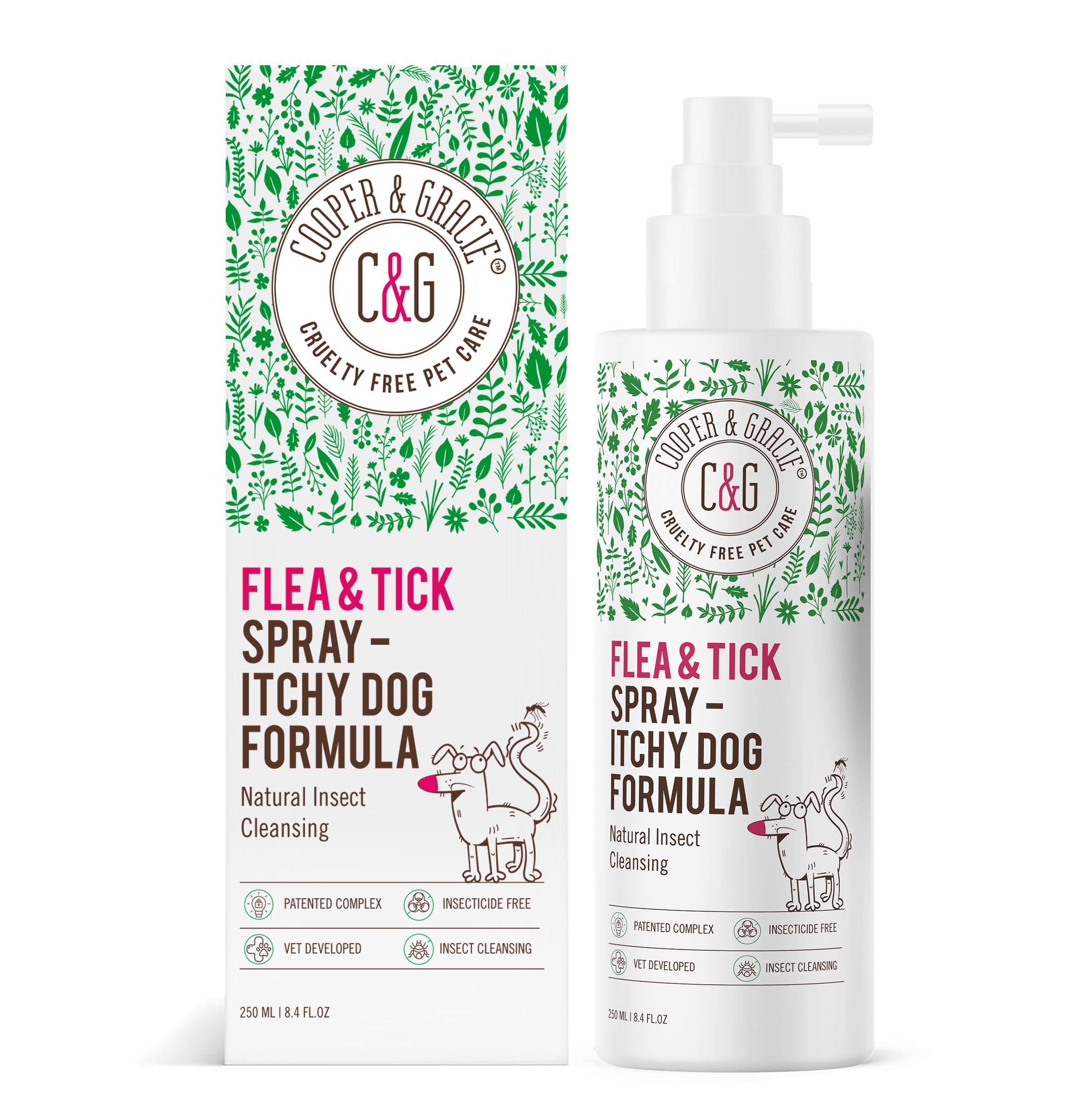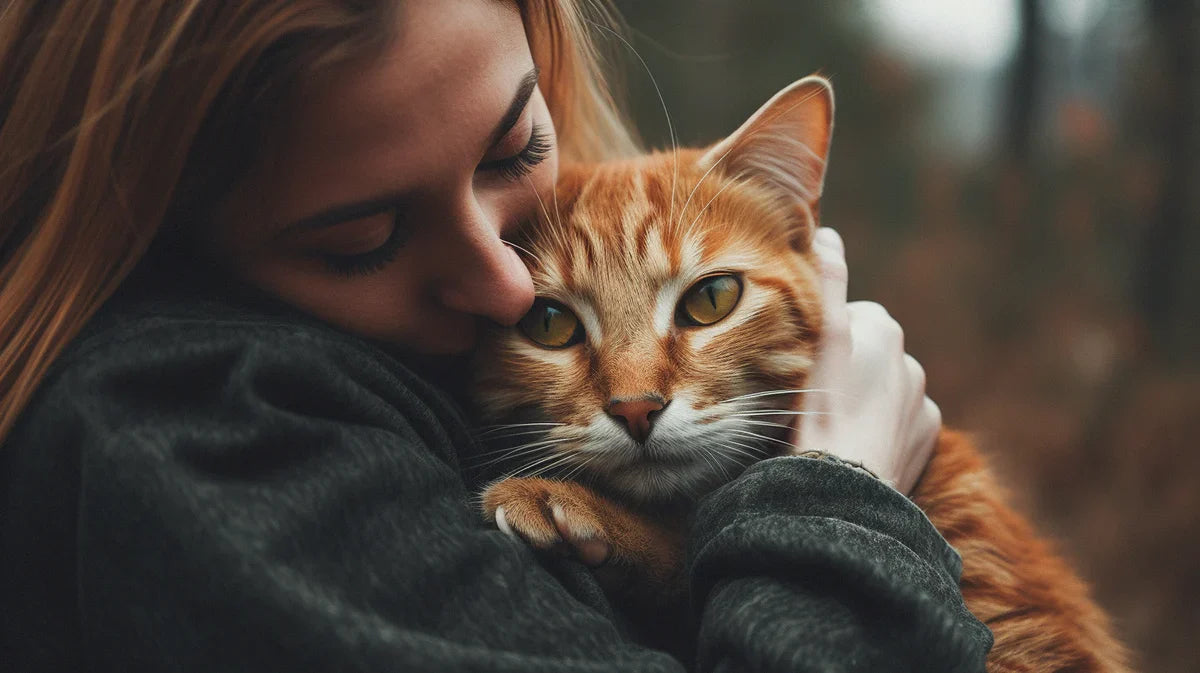Introduction
Have you ever wondered, while sipping your tea and gazing at your feline friend, why your cat seems to shadow your every move? It's an age-old question: why is my cat so clingy? Well, brace yourself, because we're diving into the heart of the cat enigma.
Understanding Cat Behaviour
Cats, despite their independent reputation, can be like intricate puzzles, each piece representing a facet of their behaviour. Understanding these pieces is crucial in deciphering why your whiskered companion might be acting like your personal shadow.
Natural instincts and dependence
Historically, kittens rely heavily on their mothers during their formative weeks. This early dependence can manifest in adulthood, particularly in certain domestic settings.
Signals of a clingy cat
Does your cat follow you around, meow excessively, or perch on you incessantly? These are just some signs of a clingy cat. Recognising them is the first step in addressing the issue.
Top Reasons Cats Become Clingy
Change in Environment
Cats are creatures of habit. Any small change can disrupt their routine and cause clinginess.
Moving homes or new family members
Imagine being uprooted and placed somewhere entirely new, or suddenly having to share your space with a stranger. Sounds stressful, right? That's how some cats can feel following big changes.
Rearrangement of furniture or territory disputes
Even something as trivial as moving a sofa can unsettle a cat. Their territorial nature means any shift in their environment can cause distress.
Health Concerns
Sometimes, clinginess can be a sign of underlying health issues.
Illness or discomfort
Just like humans might crave comfort when sick, cats too can become more attached when feeling unwell.
Ageing and senility
Older cats, especially those experiencing cognitive decline, can become more dependent on their owners for reassurance.
Emotional Factors
Just like humans, cats can suffer from a range of emotional issues.
Past trauma or abandonment issues
A cat with a traumatic past might be clingier, fearing another instance of abandonment.
Separation anxiety
Cats form strong bonds with their owners. Prolonged absences can cause anxiety, leading to increased clinginess upon return.
Breed Specific Traits
Some breeds, like Siamese cats, are naturally more social and clingy compared to others. Recognising the inherent traits of your feline’s breed can shed light on their behaviour.
Lack of Stimulation
Like a child stuck indoors on a rainy day, cats too can exhibit clingy behaviour when bored.
Boredom or lack of activity
An under-stimulated cat might see you as their primary source of entertainment. If they're not mentally or physically engaged, they may stick closer to you.
Managing A Clingy Cat
Dealing with an overly attached cat isn't about pushing them away, but understanding and addressing their needs.
Tips to reduce over-attachment
- Interactive toys: These can engage their minds and reduce reliance on you for entertainment.
- Structured playtime: Regular play sessions can satisfy their predatory instincts and reduce their need to shadow you.
- Safe spaces: Creating cat-friendly zones or perches can give them a sense of security, reducing their need to be constantly by your side.
Importance of vet check-ups
Always ensure that your cat's clinginess isn't a result of health issues. Regular vet visits can rule out medical concerns that might be causing their increased attachment.
Conclusion
Understanding the reasons behind your cat's clingy behaviour can strengthen the bond you share. Whether it's a change in environment, health concerns, emotional factors, breed traits, or mere boredom, recognising and addressing the root causes can ensure a happier and more independent kitty. Remember, a little clinginess is just their way of saying they love and rely on you. So, the next time you ask, "Why is my cat so clingy?", know that you're not alone and that there's always a way to help your furry friend.
FAQs
-
Why is my older cat suddenly so clingy?
As cats age, they can experience cognitive decline or other health issues, leading them to seek comfort and reassurance from their owners. -
Can a change in diet cause my cat to become clingy?
While diet can affect a cat's behaviour, it's less likely to be the primary cause of clinginess. However, if the diet isn't meeting their needs, they might seek you out more often. -
How can I give my cat the attention they need without reinforcing clingy behaviour?
Balancing affection with structured playtime and independent activities can ensure your cat feels loved without becoming overly reliant on your attention. -
Are certain cat breeds more prone to clinginess?
Yes, some breeds like Siamese and Ragdolls are naturally more social and may exhibit more clingy behaviours compared to more independent breeds. -
Could my cat's clinginess be a sign of a medical issue?
Absolutely. Any sudden behavioural change, including increased clinginess, should warrant a vet visit to rule out underlying health problems.
Experience the Best in Pet Care with Cooper and Gracie
We at Cooper and Gracie believe every pet, just like your clingy cat, deserves nothing but the best. With our unparalleled dedication to natural, cruelty-free products, we strive to ensure your furry friend's well-being is at the forefront. Whether it's our premium shampoos, sprays, or health-enhancing supplements, we craft each product with love and expertise. Why settle for less when your pet can have the best? Dive into our range and discover the magic of natural, ethical pet care. Because, at the end of the day, your pet's happiness is our mission. Join us on this journey, and let's make every wag and purr worth it! 🐾
Related Posts
Why Do Cats Bring You Dead Animals?










